The most recent State of the Region report states that Central America is currently in the most serious and dangerous political situation since the end of the internal armed conflicts at the end of the 20th century. Volume II of the Seventh State of the Region Report analyzes the political regimes and culture in Central America and the Dominican Republic during the last two years and reaches four main conclusions.
The first is that in today’s Central America it is possible to find diverse types of political systems ranging from liberal democracy to autocracies and hybrid regimes. The second is that this political variety is part of a trend of deepening democratic regression, with Nicaragua and El Salvador being the most severe and worrisome cases.
The third major finding is that, when comparing the situation with a long-term perspective, several countries are close to or have levels similar to the times of instability and conflict of the last century. The last one refers to the ambivalence of citizens towards democracy, which does not mean that they have an open preference for authoritarianism.
These conclusions are valuable to put into perspective the influence of the dictatorial drift of Daniel Ortega and Rosario Murillo in this Central American trend. Indeed, authoritarian leaders in the region have been watching what is happening in Nicaragua very closely, and similar patterns can be observed in at least five countries.
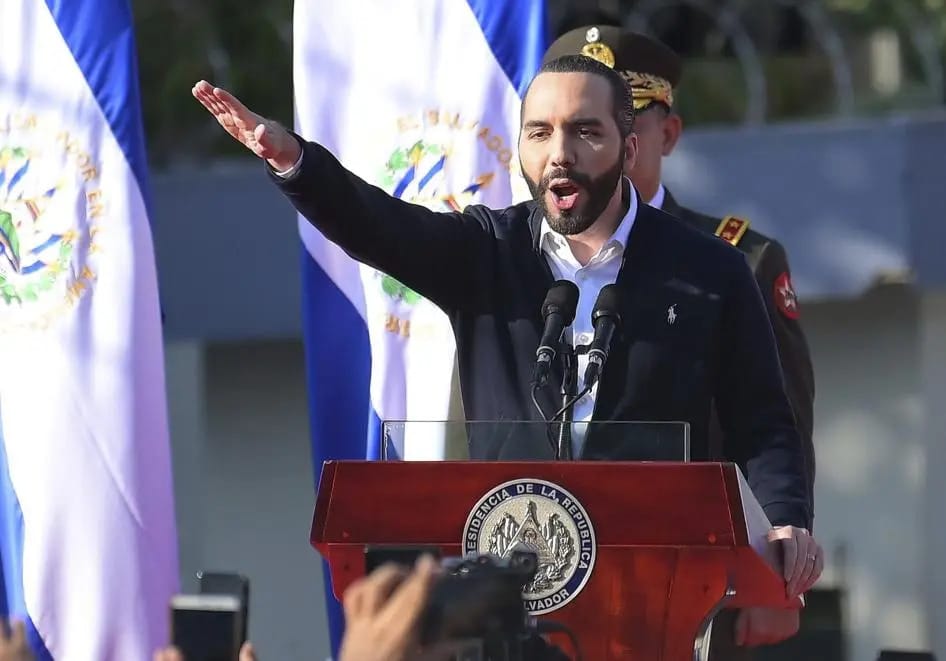
Concentration of power
One of the most prominent is the concentration of power in the presidential figure and the eagerness to hold on to office. As is well known to Nicaraguans, since he returned to the presidency in 2007, Daniel Ortega created the conditions to perpetuate himself in power and ensure the continuity of his authoritarian political project through his family, starting with his wife and accomplice, Rosario Murillo, now self-appointed co-president of a two-headed dictatorship. Nayib Bukele in El Salvador and the Castro Zelaya clan in Honduras have shown signs of following the same nepotic steps.
Another similar trend is the weakening and subordination of the other state powers to the Presidency. In Nicaragua, the imposition of a new Constitution by the Ortega Murillo dictatorship broke the independence and autonomy of the other powers and turned them into subordinate organs of the Presidency, altering the necessary counterbalance of modern democracies. The Salvadoran president also managed to subordinate in his favor the Parliament and the Judiciary, while in the rest of the region there have been strong tensions between the Executive and other state powers.
The use of force and the subordination of military institutions to sustain autocratic regimes is another present trend. The Ortega-Murillo regime imposed a police state on Nicaraguan society, sowing terror and persecuting within the country and beyond the borders those they consider opponents.
In El Salvador, Bukele opted for punitive populism, which consists of the prolonged imposition of a state of exception and the use of military and police forces to curb insecurity and violence. The results of his model have generated high levels of support from the population, but have provoked serious and massive violations of rights. Similar situations, but on a smaller scale, are present in Honduras and Guatemala, where they have adopted the State of Emergency scheme in certain localities.
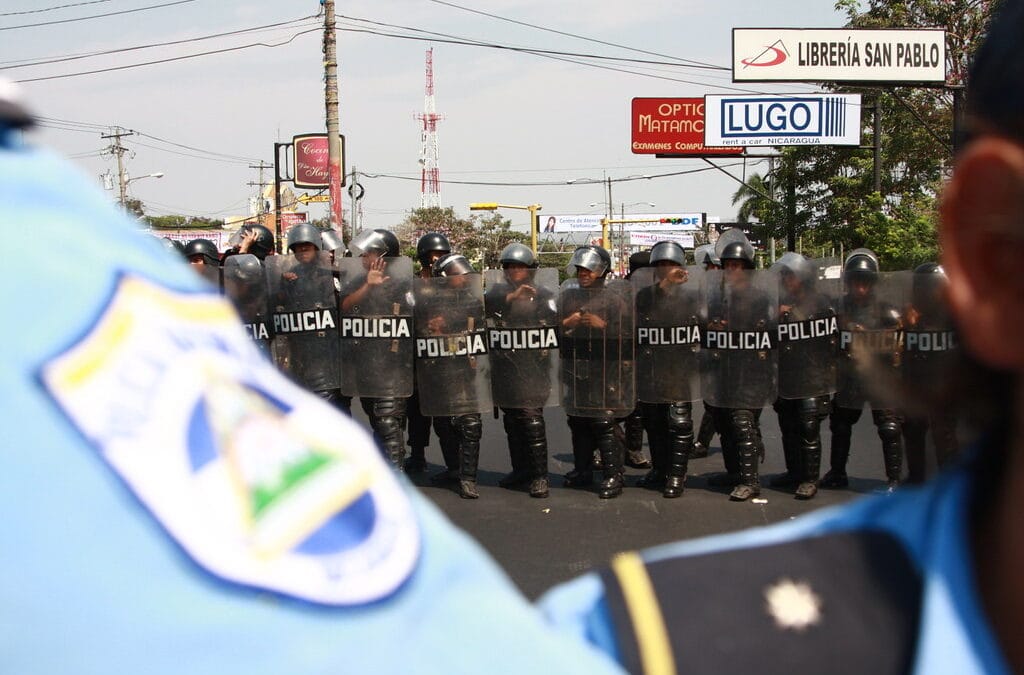
Flagrant violations of human rights
Another critical aspect in the region refers to the restrictions and flagrant violations of human and citizens’ rights in practically all countries. In recent years, surveillance and persecution of human rights defenders, the independent press and social organizations, among others, has become widespread.
In Nicaragua, international human rights organizations have described the situation as crimes against humanity, while in El Salvador, Honduras and Guatemala there are cases of arbitrary detentions. Forced displacement, exile and statelessness have become disastrous consequences of persecution in at least four countries in the region.
The Nicaraguan Democratic Concertation (CDN), agrees with the State of the Region report, on the need for special attention that the political scenario of the Central American region deserves. Although each country has specific conditions, all are exposed to the bad influence that the Nicaraguan dictatorship exerts on the situation, with the reproduction of authoritarian patterns that reach instances such as the Central American Integration System (SICA), with the impasse in the General Secretariat of the organization.
In addition, the CDN reiterates the call to the international community to pay attention to prevent authoritarianism from taking hold definitively in Central America and particularly in Nicaragua.
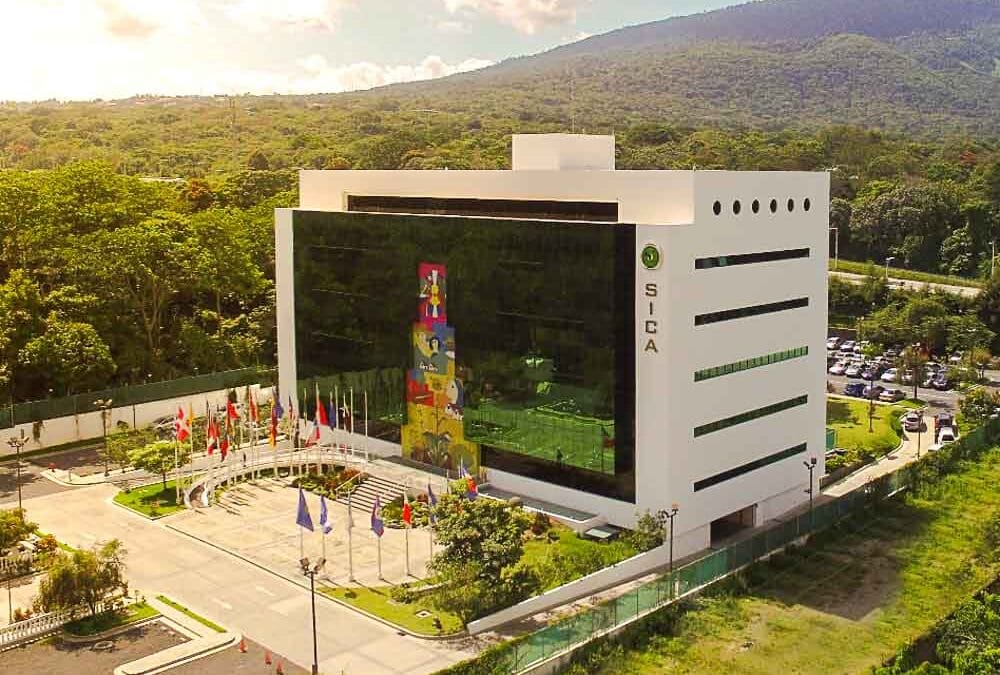
Denationalization as a means of repression
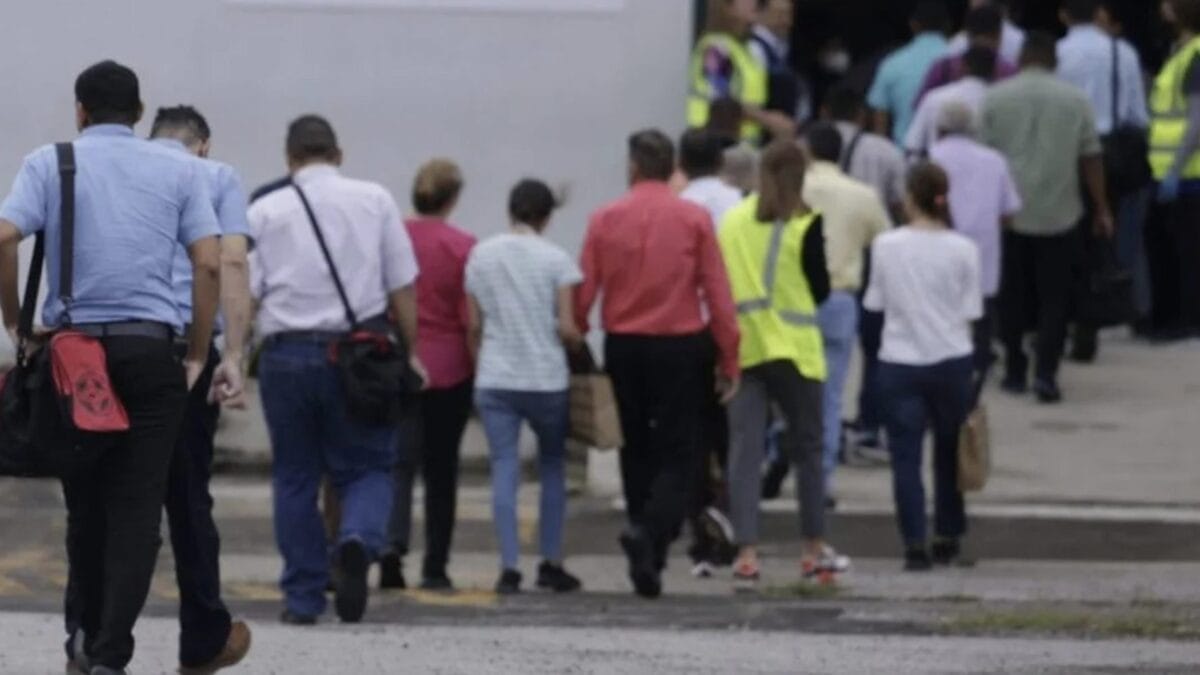
Denationalization is one of the most extreme and arbitrary mechanisms used by the Ortega Murillo dictatorship. It is used along with forced exile, as a form of transnational persecution to intimidate, attempt to silence and delegitimize those who hold critical positions or play a role in denouncing massive and repeated human rights violations.
Since 2020, the Ortega-Murillo regime was preparing to deprive opponents of their nationality. They approved Law 1055, Law for the Defense of the Rights of the People to Independence, Sovereignty and Self-Determination for Peace, which broadens the concept of “traitor to the homeland” and opens the way for the stripping of nationality without due process.
In 2023 they approved Law 1145, Special Law regulating the loss of nationality. In November 2024, Law 1228, Law of Reform and additions to Law 761, General Law of Migration and Foreigners, and of addition to Law 641, Penal Code of the Republic of Nicaragua, which tried to legalize the refusals of entrance to the country, banishment and denationalizations that were already carried out arbitrarily and to cancel the acquired Nicaraguan nationality.
After approving legislation that contradicted the Constitution in force at the time, on February 9, 2023, the first legislature approved a reform to article 21 that establishes the loss of nationality to alleged traitors to the homeland, consolidating a repressive model in the best style of Hitler, Stalin and Mussolini.
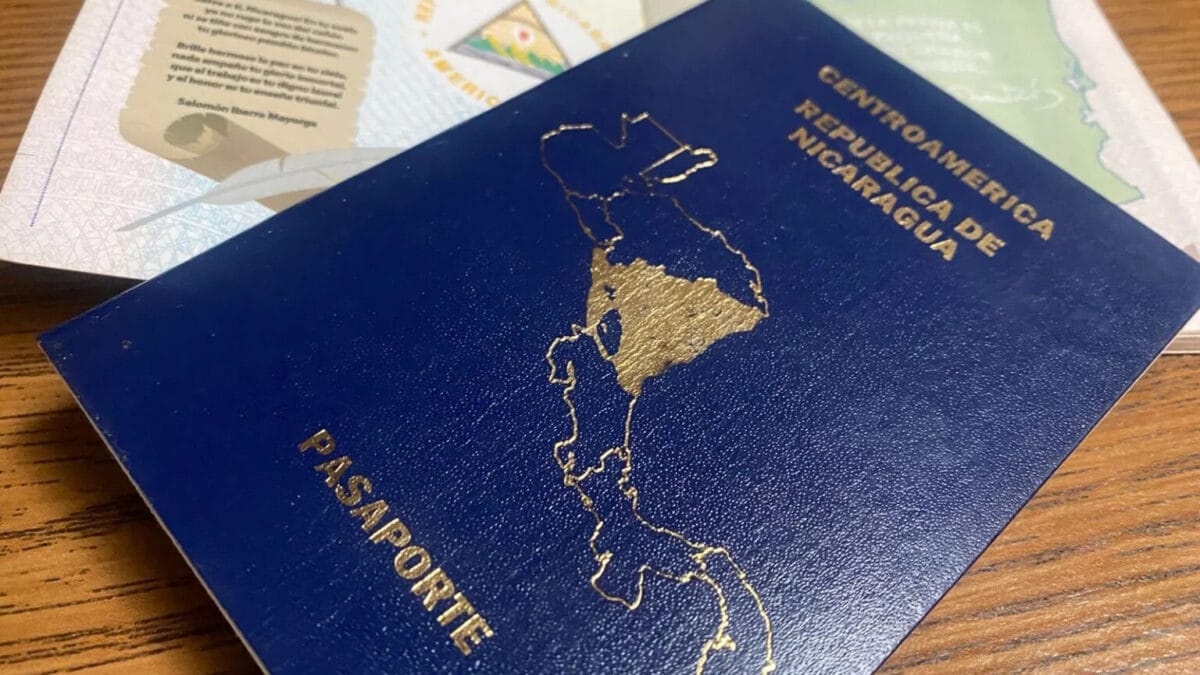
No need to prove treason
In Article 24 of the Constitution of 2025, popularly known as “Constitución chamuca”, they reiterated the loss of nationality for alleged traitors to the homeland. They expanded the concept and now it does not require that this treason be proven during a war or armed conflict, now it is enough to be an opponent.
This year, on May 16, the first legislature approved a reform to articles 23 and 25 of the recently inaugurated Constitution, which establishes the loss of nationality for those who acquire the nationality of another country and added a new cause for the deprivation of such nationality.
This last reform provoked a reaction from the thousands of Nicaraguans who reside, inside and outside the country, and have been forced to opt for a second nationality in order to insert themselves, with some level of dignity in the nations where they have emigrated, fleeing from the political or economic conditions of Nicaragua.
In response to this reaction, the regime initiated an unofficial and official campaign, attempting to highlight the principle of non-retroactivity of the law, ignoring the fact that its actions in this matter have always been retroactive. This is what happened with the 222 former political prisoners exiled to the United States and the 94 exiled opponents. All of them were expressly affected without the constitutional reform being in force.
In recent years it has acted in the same way against thousands of citizens who have been prevented from returning to the country or denied the issuance of passports, turning them into de facto stateless people without any legal basis.
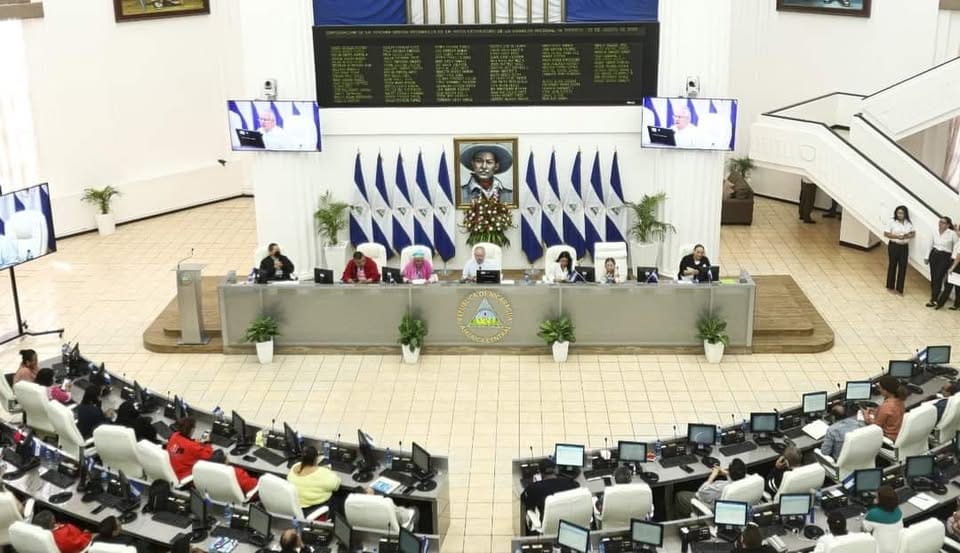
No respect for non-retroactivity
The retroactive application of the Constitution, approved without citizen consultation, is a repeated practice, used even to allow co-presidents Ortega and Murillo to remain in power for another year. Also to transform Vice President Murillo into co-president, without the need to hold elections.
The campaign on the non-retroactivity of the recent constitutional reform lacks credibility because its record contradicts it. It is considered a tactical pause while the level of discontent drops but will undoubtedly be used against Nicaraguans who have another nationality and are considered a threat by the regime.
A country that in the last half century provoked the massive migration of its citizens and about a quarter of its population lives abroad, when it punishes those who were forced to leave, commits a double injustice and incurs another serious violation of human rights. Since the change of nationality is a free and protected act that should not be punished, especially when it is a way to overcome discrimination, exclusion and even xenophobia in the countries that have received them.
International law establishes that migrants must be protected against any form of coercion by their country of origin and that they have the right to integrate in the receiving country and acquire nationality if possible.
For the Nicaraguan Democratic Concertation (CDN), the denationalization policy is a very serious violation of human rights, which must be challenged internationally with the support of the Nicaraguan diaspora, which as a whole is threatened by a growing transnational repressive policy.
